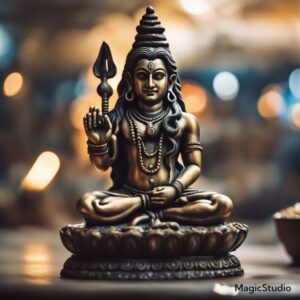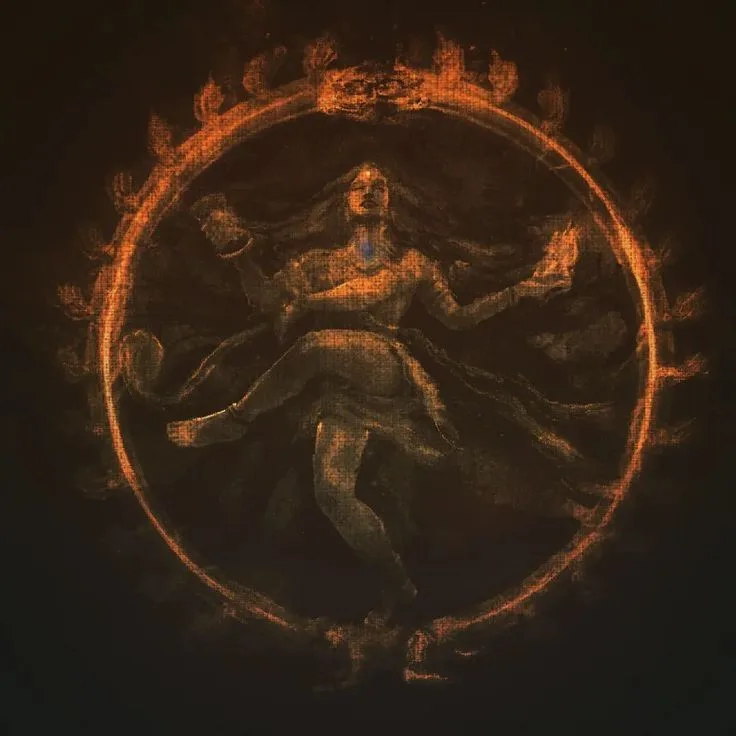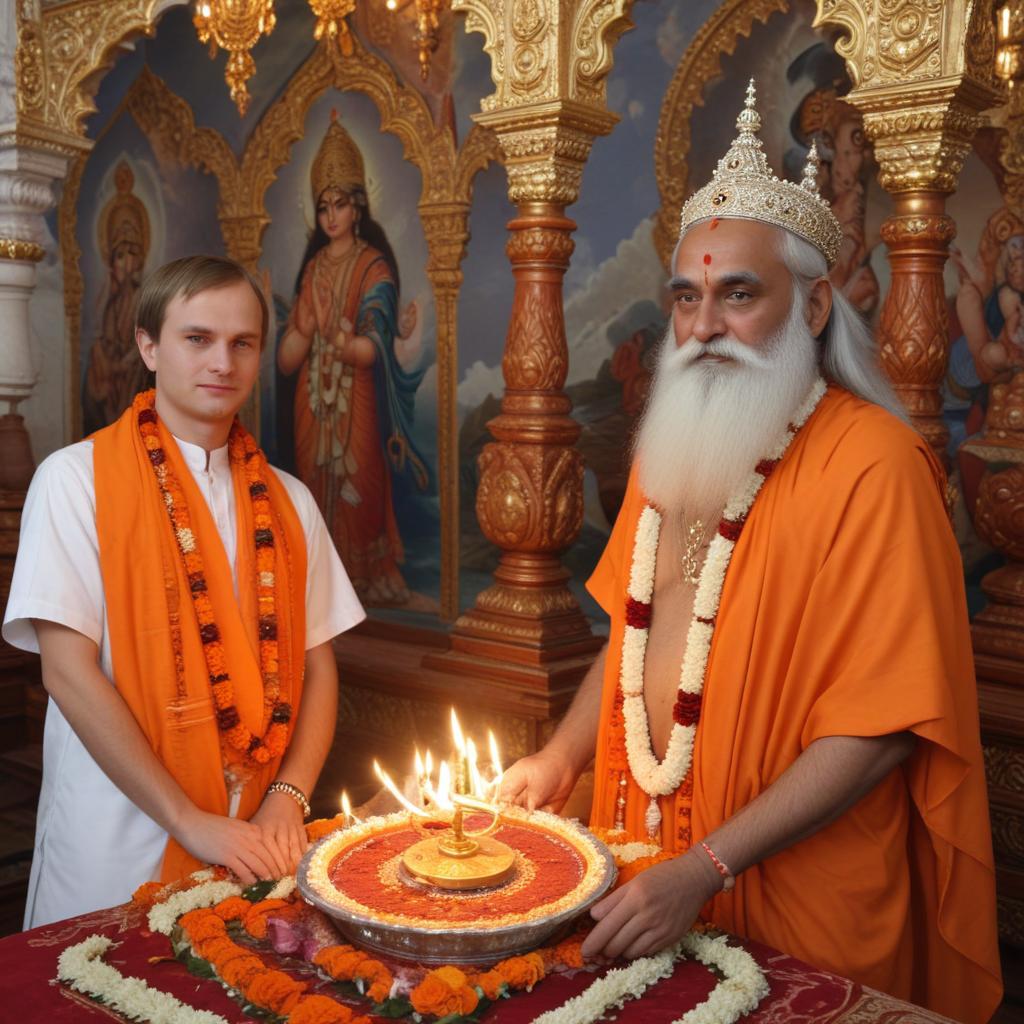Indian mythology is rich with fascinating tales and timeless wisdom that have been passed down through generations. From epic narratives like the Mahabharata and the Ramayana to captivating stories of gods and goddesses, Indian mythology offers a glimpse into ancient beliefs, customs, and values.
One of the most famous tales from Indian mythology is the story of the Ramayana, which follows the journey of Prince Rama as he embarks on a quest to rescue his wife Sita from the demon king Ravana. Filled with adventure, romance, and moral dilemmas, the Ramayana is a beloved epic that continues to inspire people across the world.
Another iconic figure in Indian mythology is Lord Krishna, the eighth avatar of the god Vishnu. Known for his mischievous antics as a child and his role as a charioteer and advisor in the Mahabharata, Krishna embodies the principles of dharma and righteousness.
Indian mythology also features a pantheon of gods and goddesses, each with their own unique attributes and powers. From the fierce goddess Durga, who symbolizes strength and courage, to the benevolent elephant-headed god Ganesha, who is revered as the remover of obstacles, these deities play a central role in Hindu worship and culture.
In addition to its rich tapestry of myths and legends, India is also home to a wealth of historical and archaeological wonders. From the ancient city of Mohenjo-Daro, which dates back to the Indus Valley Civilization, to the awe-inspiring temples of Khajuraho and Hampi, India’s cultural heritage is as diverse as it is ancient.
Together, these tales of mythology and facts from India paint a vivid picture of a land steeped in tradition, spirituality, and timeless wisdom. They remind us of the enduring power of storytelling to inspire, educate, and illuminate the human experience across generations and cultures.









